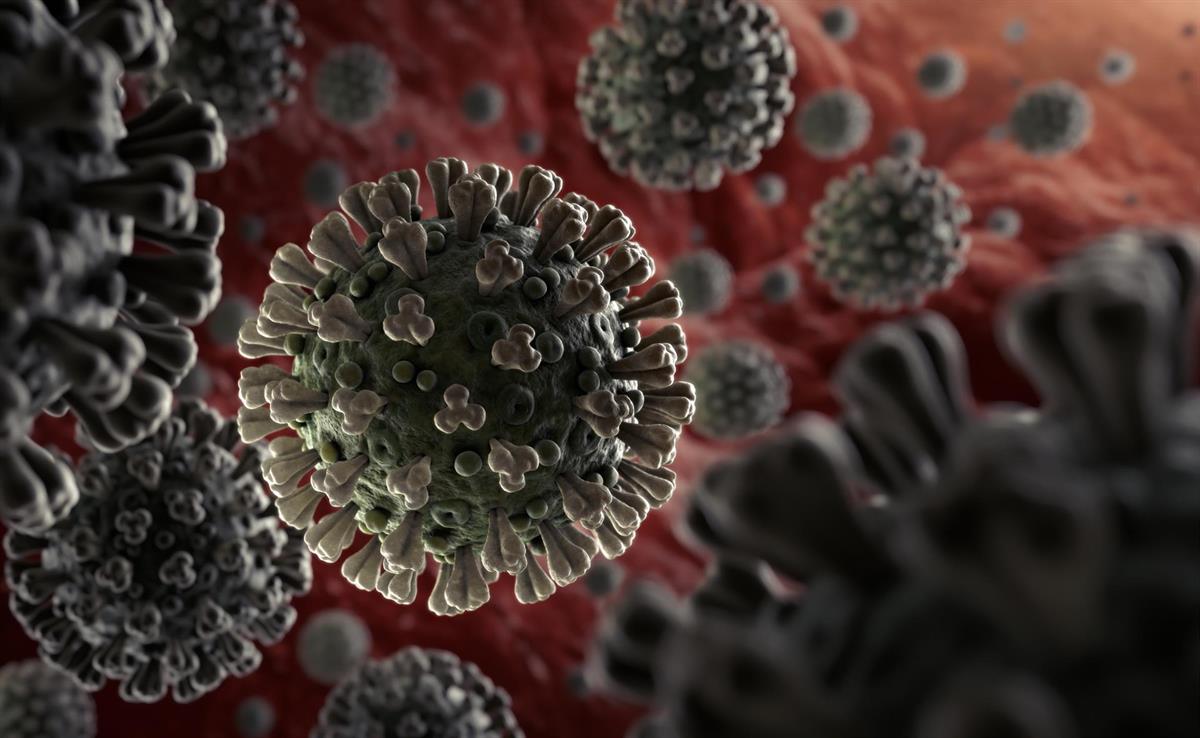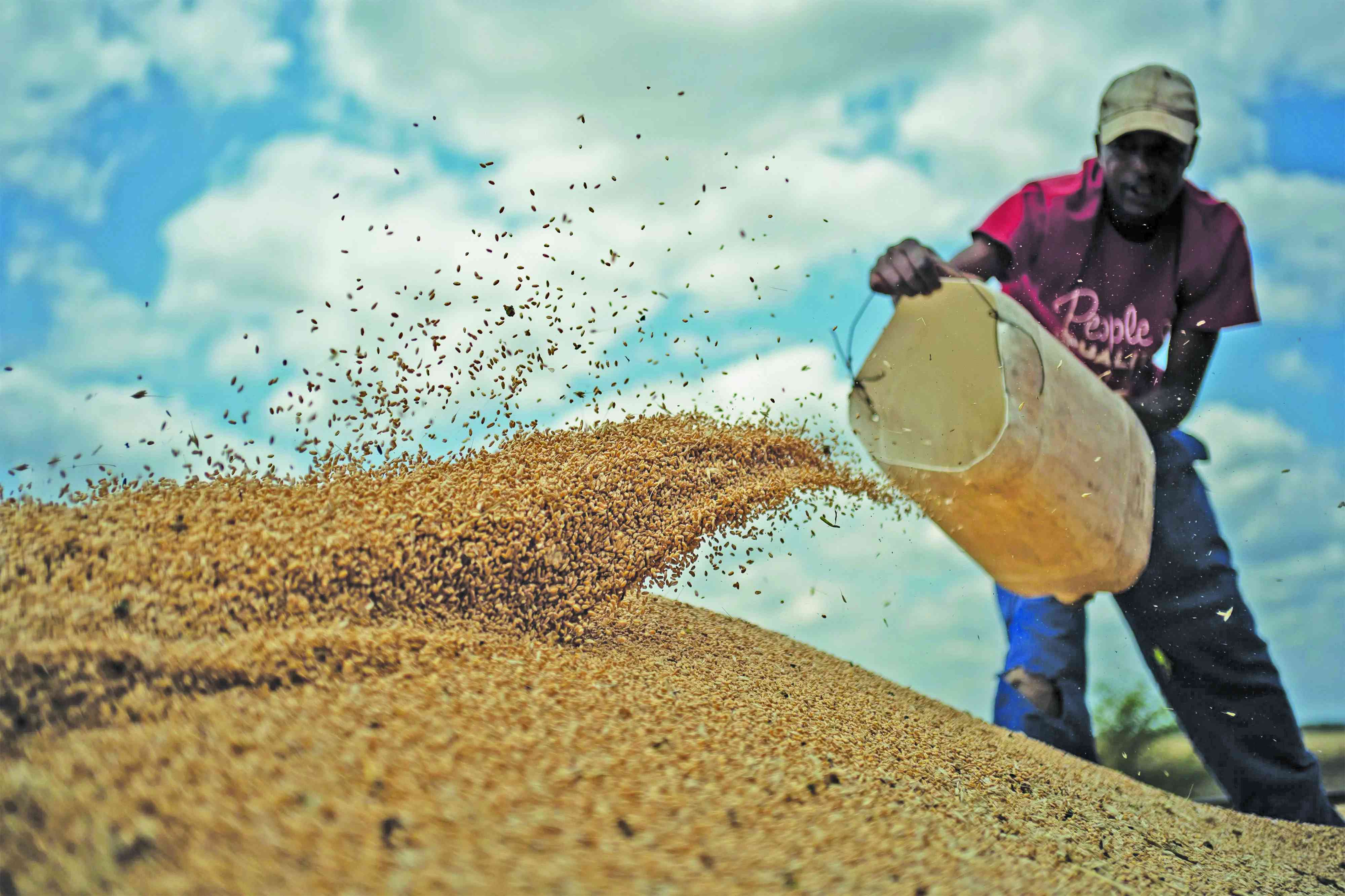
THIS time next week the country will be celebrating Christmas as the festive season peaks, but we would like to warn against throwing caution to the wind lest we expose the entire citizenry — vaccinated or unvaccinated — to the deadly COVID-19 pandemic.
Our fear is that citizens might get carried away with the festivities and let down their guard, thus exposing themselves and others to the virulent killer disease which has ground world economies and caused unprecedented human carnage.
According to the World Health Organisation (WHO), all viruses, including SARS-CoV-2, the virus that causes COVID-19, change over time and most changes have little to no impact on the virus’ properties.
However, the WHO adds, some changes may affect the virus’s properties, such as how easily it spreads, the associated disease severity, or the performance of vaccines, therapeutic medicines, diagnostic tools, or other public health and social measures.
A SARS-CoV-2 variant has been proved to be associated with one or more mutations at a degree of global public health significance including increase in transmissibility or detrimental change in COVID-19 epidemiology; increase in virulence or change in clinical disease presentation; and decrease in effectiveness of public health and social measures or available diagnostics, vaccines, therapeutics.
The current variant of concerns include Alpha, Beta, Gamma, Delta and Omicron. Everyone knows the devastating effects that the Delta variant caused to the country during last year’s Christmas and New Year’s holidays.
We also saw infection rates and deaths shooting through the roof, with the cumulative number of confirmed cases increasing by more than 58%.
Cases during this period jumped from 13 867 including 363 deaths on December 31, 2020 to 33 271 cases and 1 193 deaths by January 31 this year with cases rising during the winter season.
- Chamisa under fire over US$120K donation
- Mavhunga puts DeMbare into Chibuku quarterfinals
- Pension funds bet on Cabora Bassa oilfields
- Councils defy govt fire tender directive
Keep Reading
On November 24, 2021, a new variant of SARS-CoV-2, B.1.1.529, Omicron, was reported to the WHO and was first detected in specimens collected on November 11, 2021 in Botswana and on November 14, 2021 in South Africa.
The WHO has also indicated that preliminary evidence suggests there may be an increased risk of reinfection with Omicron, that is, people who have previously had COVID-19 could become re-infected more easily with the variant.
However, the deadly Delta variant is also circulating among the population, hence the need to remain vigilant against the spread of the disease amid concerns that infections could rise during this period.
Health experts have already warned of rising infections during this period. We need to keep ourselves protected, avoid large crowds, sanitise our hands and maintain social distance so that we do not unnecessarily become victims of this deadly virus.











